Traveling solo can be an incredibly fulfilling and liberating experience. However, it’s important to be prepared for the unexpected. Emergencies can happen at any time, and you never know when you might need extra cash to pay for unexpected expenses. That’s why we’ve put together a guide to budgeting for emergencies to help you stay safe and secure while exploring the world on your own.
1. Plan for the unexpected
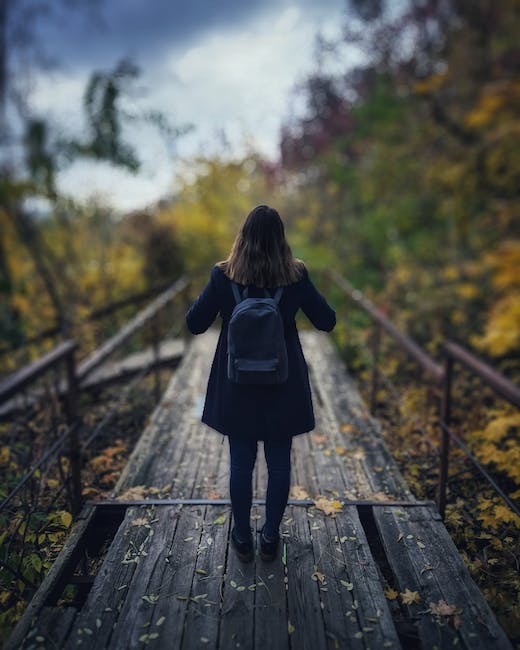
Planning for the unexpected is crucial when traveling solo. You never know when you might need extra cash to pay for medical bills, lost or stolen belongings or unexpected travel expenses. When creating your budget, make sure to allocate a portion of your funds to an emergency fund. This should be kept separate from your day-to-day spending money and used only for real emergencies.
You can also consider getting travel insurance to help protect you in case of an emergency. Be sure to research different plans carefully and choose one that covers the activities you plan to do and the countries you will be visiting. Many travel insurance policies also cover trip cancellations, medical evacuations and other emergency expenses so you can travel with peace of mind.
2. Set a daily spending limit

Before leaving on your solo adventure, take some time to create a realistic budget for your trip. Determine how much money you have to work with and divide it by the number of days you plan to travel. This will give you a rough idea of how much you can spend each day without going over budget.
Be sure to include all expenses in your budget, including costs for accommodations, transportation, food, and entertainment. You may need to adjust your spending limits based on the cost of living in the area you’re visiting. For example, you may need to budget more for food and accommodations in expensive cities like New York or London.
3. Look for affordable accommodations
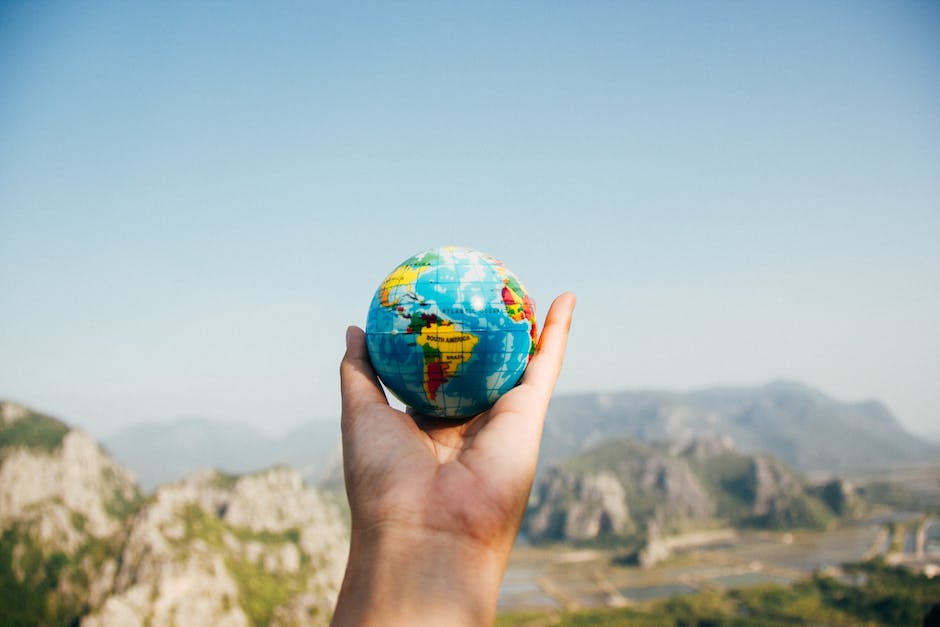
One of the biggest expenses when traveling solo is often accommodations. However, there are many affordable options available for budget-conscious travelers. Consider staying in hostels or guesthouses instead of hotels. These options are often cheaper and can provide a unique travel experience.
If you prefer more privacy, consider renting an Airbnb. These rentals are often cheaper than hotels and provide a home-like experience. Staying outside of the city center can also be a great way to save money on accommodations. Just make sure to research transportation options beforehand to ensure you can easily get around.
4. Use public transportation

Using public transportation is an excellent way to save money while traveling solo. Public transportation is often much cheaper than taking taxis or renting a car, and it’s a great way to explore the city like a local. Consider investing in a transit pass to save even more money on transportation costs.
Before you leave for your trip, research public transportation options in the areas you plan to visit. Many cities have excellent public transportation systems, but some may be more confusing than others. Take some time to study maps and schedules to avoid getting lost or overcharged during your travels.
5. Avoid tourist traps
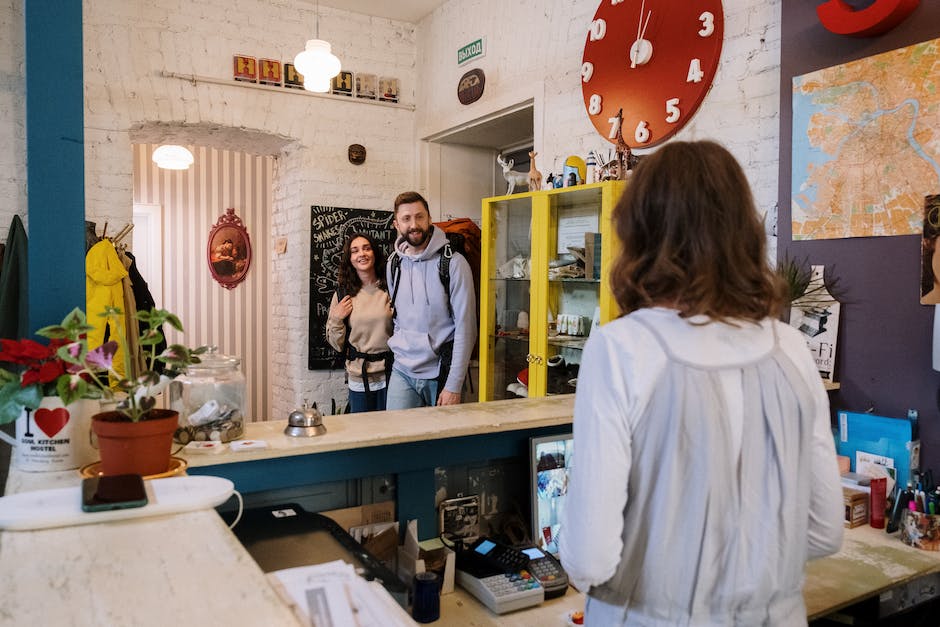
Tourist traps, such as overpriced restaurants and overpriced museums, can quickly eat into your travel budget. Look for local spots where you can get a more authentic experience without breaking the bank. Talk to locals, ask for recommendations or do some research online to find hidden gems and save money while exploring the city.
Additionally, be wary of scams and tourist traps that entice travelers with “deal” or “bargain” prices. Often these will end up being more expensive in the long run or may not even be legitimate. Do your research before making any purchases or engaging in any tourist activities.
6. Keep an emergency fund
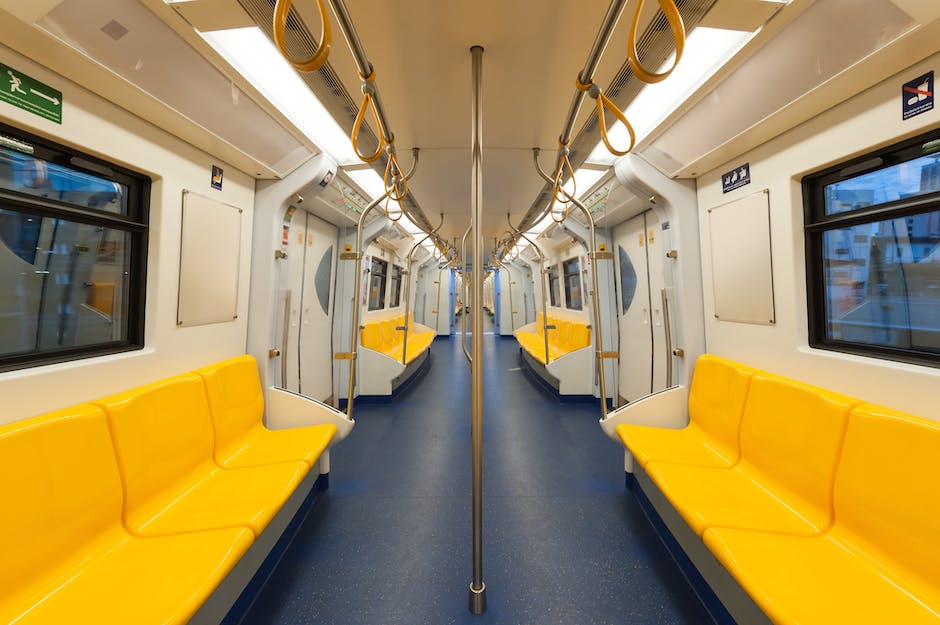
Even with a budget in place, emergencies can still come up while traveling. That’s why it’s important to keep an emergency fund with you while on the go. This can be in the form of cash or a credit card with high enough limits to cover unexpected expenses. Just make sure to use this fund only for real emergencies and not frivolous expenses, such as shopping or dining out.
It’s also a good idea to have a plan in place in case your bank card gets stolen, lost, or blocked. Having a secondary card or a backup cash reserve can give you peace of mind and help you navigate unexpected situations with ease.
7. Use discount cards and coupons
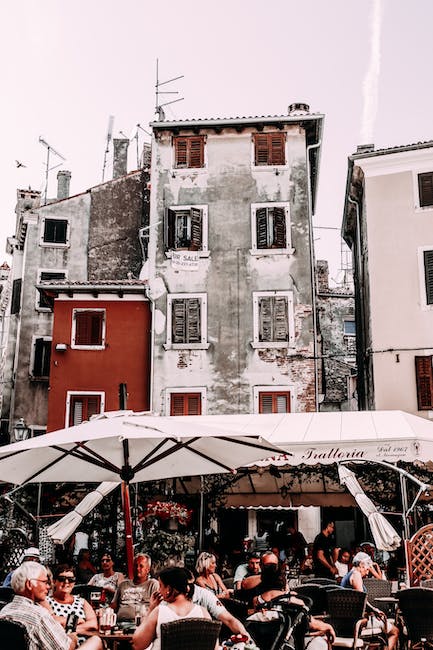
Discount cards and coupons can be a great way to save money on travel expenses. Look for deals on activities, restaurants, and transportation. You can find these discounts online, in travel guides or from local tourist offices. Just make sure to read the fine print and double-check that the discount is worth it before making a purchase.
If you’re a student or senior, be sure to ask about discounts for your age group. Many museums, attractions, and transportation services offer reduced fees for students and seniors. Make sure to have your student ID or proof of age with you to take advantage of these deals.
8. Cook your own meals

Eating out can quickly eat up your travel budget, especially if you’re traveling solo. That’s why it’s a good idea to cook your meals whenever possible. Look for accommodations with kitchens or common areas where you can prepare food. You can also shop at local markets and grocery stores to save money on ingredients.
Cooking your meals also gives you the chance to experience local cuisine and try new foods. You can pick up local ingredients and get cooking tips from vendors at local markets or ask people in your accommodations for recommendations on what to make.
9. Pack light

When traveling solo, it’s best to pack light. Not only does this make it easier to move around, but it also saves you money on baggage fees. Most airlines charge extra for checked luggage, so try to stick to a carry-on bag if possible. If you need more clothes or supplies, you can always buy them at your destination.
Packing light also gives you the chance to be spontaneous and explore new places on a whim. You won’t be weighed down by heavy luggage and can easily change your itinerary or add destinations as you go.
10. Have a backup plan
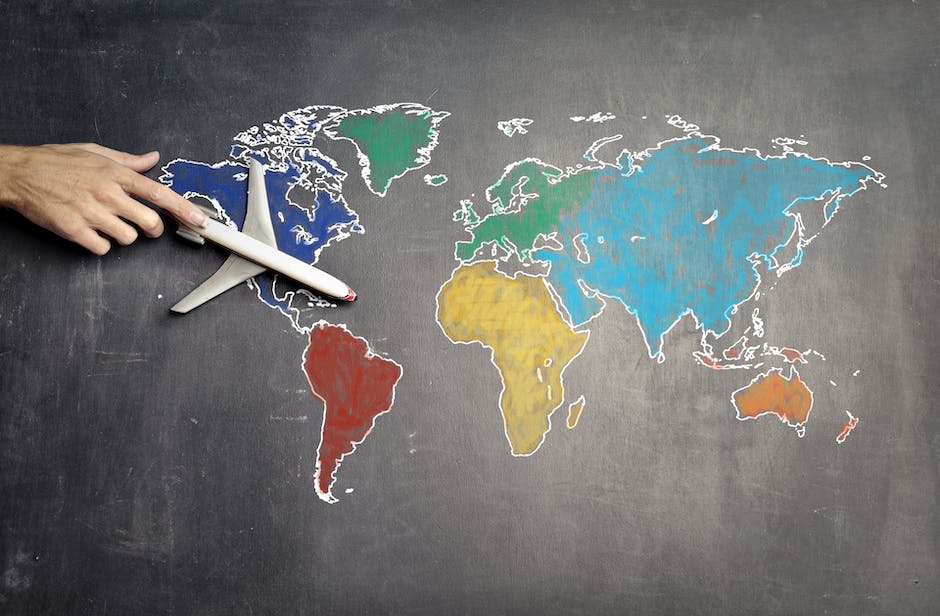
Finally, always have a backup plan when traveling solo. This includes having a copy of your passport and important documents in a safe place, as well as having contact information for your accommodations and the local embassy or consulate. It’s also a good idea to have a friend or family member back home who knows your itinerary and can assist you in case of an emergency.
If possible, also have a secondary mode of communication such as message apps, a local phone number or a calling card to get in touch with someone if your primary mode fails. In case of an emergency, know the local emergency numbers and which hospital or medical center is nearest to your location.

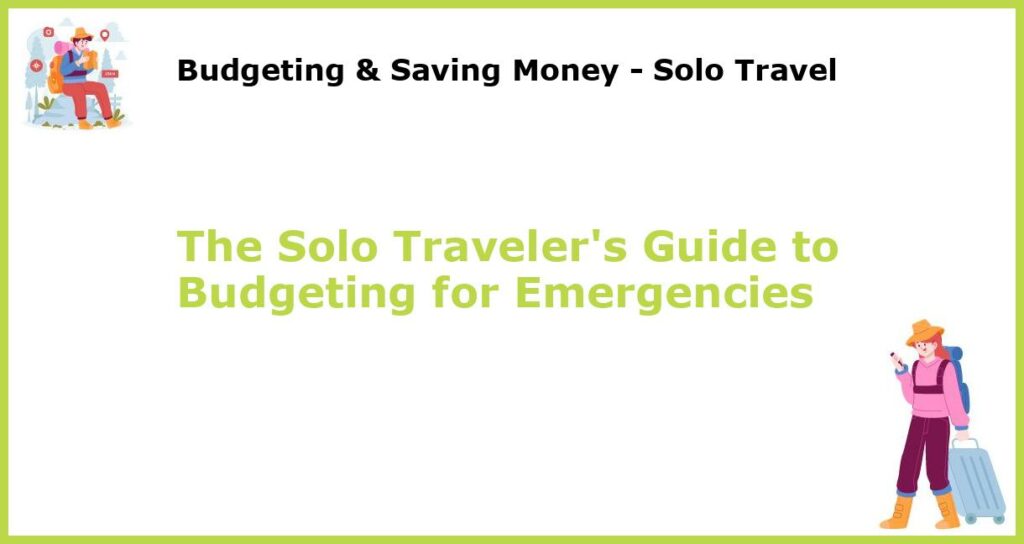






 You might also be interested in those articles related to solo traveling
You might also be interested in those articles related to solo traveling